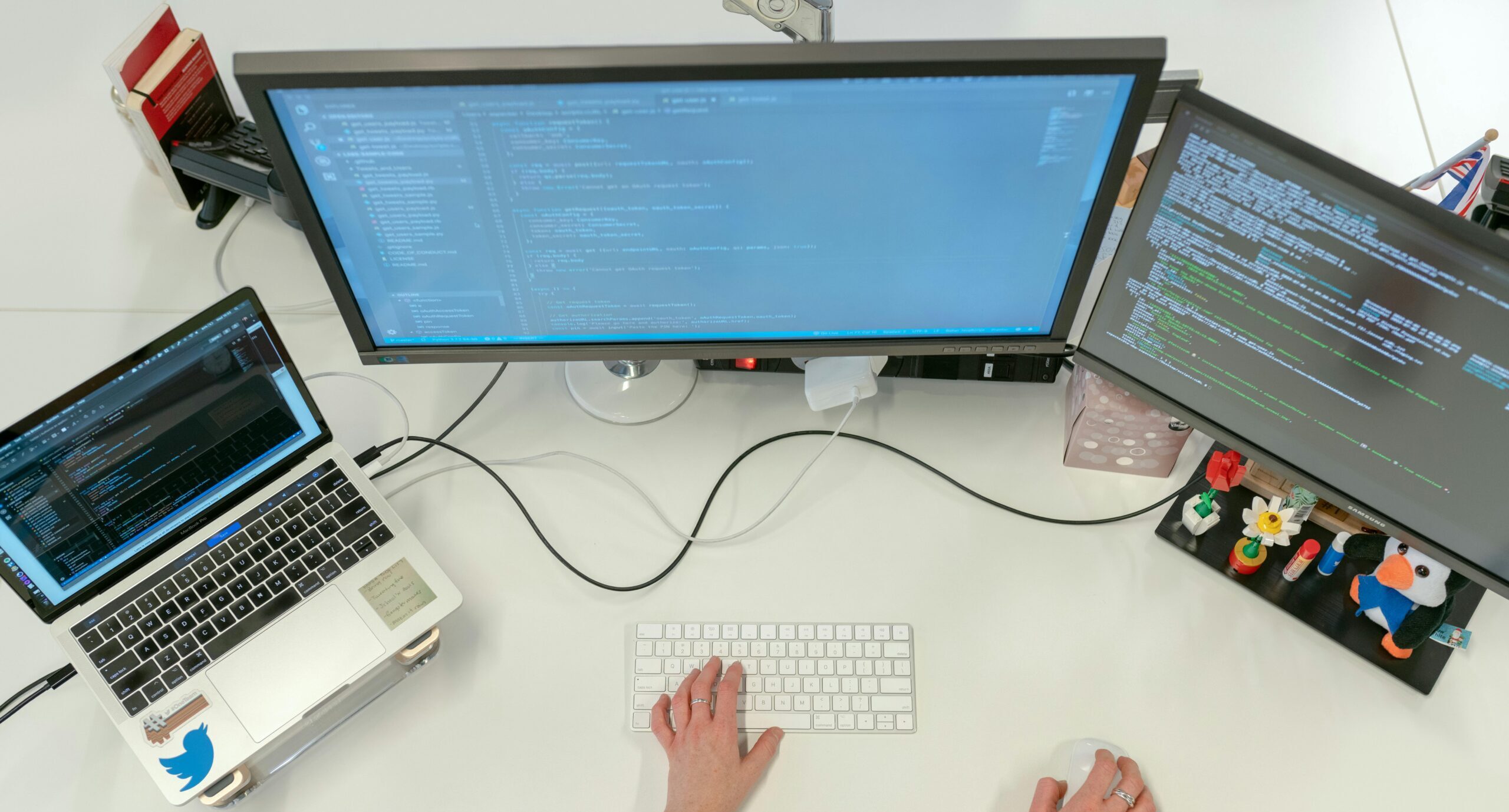Legacy Delphi applications are often the backbone of many businesses, but they can face challenges with compatibility, performance, and maintainability in today’s fast-evolving tech landscape. Migrating these applications to modern versions of Delphi not only ensures long-term stability but also unlocks new features, enhanced performance, and better support for modern platforms.
In this blog, I’ll walk you through the essentials of migrating legacy Delphi applications, from planning to execution, and how to handle common challenges.
Why Migrate Legacy Delphi Applications?
Before diving into the process, let’s explore the key reasons to migrate:
- Compatibility: Older Delphi versions may not support modern operating systems or hardware.
- Enhanced Performance: Modern Delphi versions come with better optimizations for multithreading, database handling, and UI rendering.
- Access to New Features: Modern Delphi includes advanced frameworks like FireMonkey for cross-platform development.
- Security Improvements: Newer versions address vulnerabilities present in older systems
- Developer Support: Access to a wider range of libraries, tools, and community resources.
Steps to Migrate Legacy Delphi Applications
1. Assess the Current State of Your Application
- Codebase Analysis: Evaluate the size, complexity, and dependencies of your application.
- Third-Party Components: Identify any outdated or unsupported third-party libraries.
- Platform Compatibility: Check the platforms your application currently supports and needs to support post-migration.
2. Create a Migration Plan
- Define the scope of migration: Full migration or partial updates (e.g., UI or database only).
- Set timelines and allocate resources.
- Identify risks and prepare fallback strategies.
3. Update Third-Party Libraries
Many legacy applications use third-party libraries that may not be supported in modern Delphi versions.
- Look for updated versions of these libraries.
- If replacements are not available, consider rewriting those functionalities using native Delphi features.
4. Refactor the Code
- Modularize Monolithic Code: Break down large, monolithic units into modular, maintainable components.
- Modernize Syntax: Use features like inline variables and type inference introduced in newer versions.
5. Test Compatibility
- Use Delphi’s built-in compatibility warnings and tools to identify deprecated features.
- Ensure the code compiles without errors in the newer Delphi environment.
6. Leverage Modern Frameworks
- Consider switching from VCL to FireMonkey for cross-platform development.
- Use updated database components for better connectivity and performance.
7. Test Extensively
- Conduct unit testing to validate individual modules.
- Perform integration testing to ensure all components work together
- Gather feedback from end-users through beta testing.
Common Challenges in Migration (and How to Overcome Them)
1. Unsupported Components
- Challenge: Some third-party libraries may not have updates for modern Delphi versions.
- Solution: Use alternative libraries or refactor the functionality into native Delphi.
2. Legacy Code Practices
- Challenge: Older code may rely on outdated programming paradigms.
- Solution: Refactor code to adopt modern best practices, like object-oriented or event-driven programming.
3. Data Migration
- Challenge: Database schemas may need updates to align with modern data handling techniques.
- Solution: Use database migration tools to update schemas while preserving data integrity.
Tools to Assist with Migration
- Delphi Migration and Upgrade Center: Official Embarcadero resources for migration.
- AQTime: Profiling and performance testing for the migrated application.
- FastReports & DevExpress: Modern reporting tools to replace outdated report engines.
Conclusion
Migrating legacy Delphi applications ensures better performance, scalability, and future readiness. By planning carefully and leveraging modern tools, you can unlock the full potential of Delphi’s latest features.
🚀Are you planning to migrate your legacy Delphi application? Let me know your challenges and goals in the comments below!



